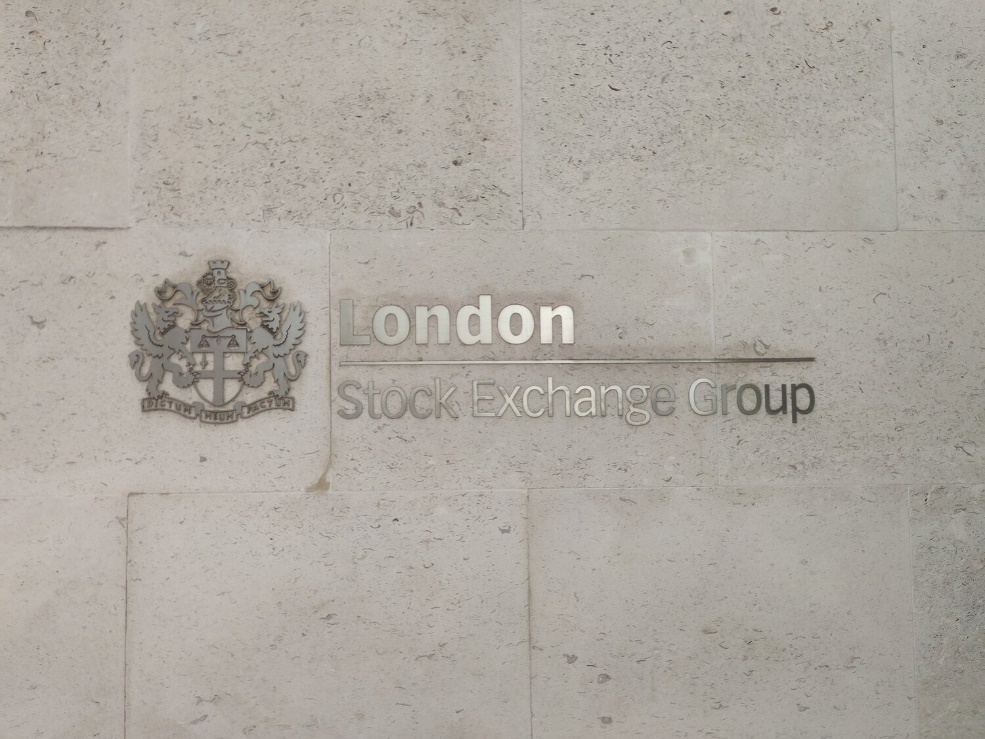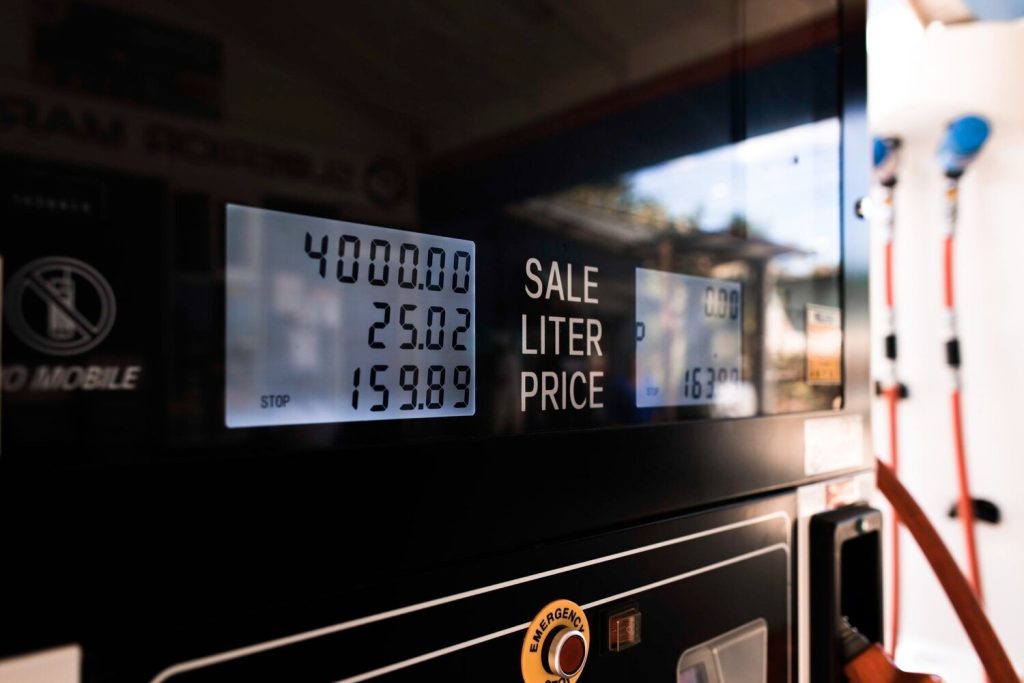Policy preview: Singapore’s sling
The Organisation for Economic Co-operation and Development (OECD) and G20 agreement to implement a global minimum 15% corporate tax faces a long road to implementation, particularly as governance standards for policing adherence remain undefined. Singapore is likely to prove a key test case. It has a 17% corporate tax, but offers an array of incentives that can reduce this significantly for many corporate residents, including those tech giants who operate regional headquarters from the city-state or the investment managers based there.
Prime Minister Lee Hsien Loong acknowledged as much earlier this month, noting that the city state will have to see how its current tax incentives “will have to be modified”. Singapore is not a member of the OECD, unlike many other alleged ‘tax havens,’ or the G20, but has signalled support for the effort for years now, and members of its government have called out the “artificial shifting of profits” to minimise their tax bills in the past, even as others have accused Singapore of profiteering off such practices.
Singapore remains well-positioned as a corporate hub outside tax competition, but it is nonetheless still likely to ensure that its business environment is as attractive as possible for the multinationals and other businesses that make their home there. It is set to benefit from concerns about the political environment in Hong Kong as well as its membership in the Regional Comprehensive Economic Partnership (RCEP), due to come into effect next year.
Singaporean authorities have indicated that they will seek to take action aimed at making Singapore an even friendlier business environment, including by offering incentives to hire locals and lowering requirements for leasing government-owned office space, a considerable portion of Singapore’s commercial property stock.
However, the temptation for tax adjustments may prove too great – particularly as its strident COVID-19 regulations and increased requirements for permanent residency visas have raised concerns about the quality-of-life and employment advantages it has long held.
Singaporean authorities may state they do not intend to continue to compete on a tax basis, but such declarations have been made in the past with little follow-through. The extent to which it is possible to enforce and regulate the OECD-G20 agreements is likely to be evidenced by Singapore’s corporate tax adjustments.

Power play: good COP bad COP
COP26 has set the stage for a new series of measures to stimulate private markets for climate financing.
British Prime Minister Boris Johnson used the conference to renew a longstanding goal, first agreed at the 2009 iteration of the COP conference, to provide US$100bn of climate finance – intended to enable developing countries’ attempts to mitigate and adapt in the face of climate change – annually by 2020.
One year beyond the deadline this target has not been met. Latest OECD estimates show climate finance amounted to some US$80bn in 2019, three-quarters of it provided on a state-to-state basis. Announcements made during COP26 suggest the target will not be met until 2023. Diplomats and negotiators are hard at work trying to pull together enough public and private finance to make the target. Building on Germany and Japan’s positions as the largest providers of climate finance in 2019, we have seen new commitments in recent weeks from the UK, Italy, and Denmark, while US climate envoy John Kerry is confident that the total will be met in 2022. So far, so good?
It is not so simple – what is meant by ‘climate finance’ is itself contested. There are a range of definitions, accounting for the financial instruments used (such as loans or grants), whether contributions are from the private or public sector, and the favourability of interest rates or notice periods. The OECD’s definition of climate finance is broad, encompassing grants, loans and export finance credits from both public and private sectors.
Many developing countries find this definition overly generous, arguing that it obscures how useful and beneficial climate finance might be. For instance, many contributions focus on development projects with only a partial focus on climate goals, and very often governments do not meet their fair share of climate finance contributions.
This contributes to the anger and mistrust felt by developing nations. The founder of a Nairobi-based climate charity, said that the missed US$100bn in 2020 had “hugely damaged” trust in the UN climate summit process, while the Gambia’s energy minister has said that the consequences for developing nations would be grave: “It would be catastrophic because we need those resources”.
This widespread feeling that developed countries cannot be trusted to pull their weight is a challenge to negotiations at COP26, where talks are being held to determine target levels of climate finance beyond 2025. Geopolitical pressure on wealthy countries to deliver is growing. The bulk of climate finance at present is public, but given the political headwinds we can expect to see OECD countries lean on the private sector to find the environmentally and politically necessary levels of finance.
“We [the world’s least-developed countries] bear the biggest brunt of the impact of climate change and we would like to see the commitment that was taken by the developed countries be fulfilled” Lamin B Dibba, The Gambia’s Environment Minister
Dollars and sense: Russia and Ukraine’s battle of Britain
Moscow and Kyiv have been locked in war in eastern Ukraine for some seven years now. Casualties remain a weekly occurrence on the frontlines, even as life goes on largely unaffected in both capitals. The bitter falling out between the erstwhile close allies has had ramifications for international gas markets, NATO, and much more. One front of the conflict has even struck into the heart of Britain, which while not a violent threat, could have major ramifications outside the scope of the conflict.
On 11 November, the UK Supreme Court is due to hold its final hearing in a lawsuit between the two sovereign states, as Kyiv claims that Moscow foisted a US$3bn bond loan on the former, disgraced, government of President Viktor Yanukovych (whose ouster in large part sparked the war) in 2013. Subsequent Ukrainian governments have refused to repay, arguing duress. Russia for its part argues that though the loan was structured under UK laws, that these arguments are not justiciable in the UK.
Ultimately, Kyiv’s bar for a ‘victory’ is lower than Russia’s – if the Supreme Court merely orders a full trial on the merits of any of the various legal arguments Ukraine has made (legal scholars have labelled its approach a ‘kitchen sink strategy) then a series of further appeals by Russia can be expected and the bond will remain outstanding.
The British government has in the past indicated it does not approve of Russia’s approach to the bond, though suggestions that it legislate in support of Kyiv have been dismissed as unworkable – and caused concern this could undermine London’s position as a key market for selling emerging market debt. London and New York have long been the preferred markets for doing so, with their respective legal regimes providing comfort to investors.
Anything other than a ruling in favour of Russia, however, risks affecting London’s attractiveness as a market for such debt – if there is an argument of coercion, this will likely be picked up by activists from groups like the Jubilee Debt Campaign. As is so often the case, much will be determined by the messaging around the ruling and whether Russia seeks to engage in a public relations effort over the judgement. This should be expected; British banks and investors should be prepared for Moscow engaging in its own effort to disparage the standards of English law for such contracts in the event of an adverse ruling.
“Is it really incomprehensible that such an unprecedented policy of double standards could open a Pandora’s box, cause enormous damage to global finances and generally undermine confidence in international financial institutions”
former President of Russia, Dmitry Medvedev








